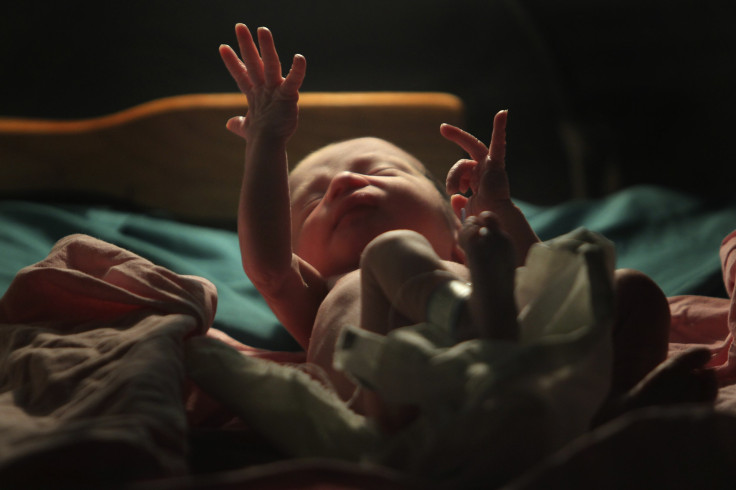Genital Surgeries On Intersex Children Can Inflict Permanent Harm, Report Says

Genital surgeries performed on intersex children with an aim to integrate them into society can have long-term physical and psychological effects on them. A report published Tuesday has linked such medical practices to a history of shame and stigma.
In the United States, such medical practices date back to the 1960s when the doctors started recommending surgical solutions for the “problem” of intersex traits, according to the report titled, “I Want to Be Like Nature Made Me,” documented by rights groups — interAct and Human Rights Watch. One of the first sexologists to set the trend in this regard was Dr John Money who worked with Johns Hopkins University. He suggested a person’s sense of gender was malleable during infancy. A sex reassignment surgery he recommended in 1967 went on to become a famous case in medical history.
Read: Transgender Parent Fights For Child's 'Non-Gendered' Birth Certificate
The story of the intersex individual who suffered due to the treatment was told in the book, “As Nature Made Him: The Boy Who Was Raised as a Girl.” David Reimer, who was operated to be raised as a girl, transitioned to living as a male by the time he was 15 and killed himself at the age of 38 in 2004.
Despite the catastrophic results, doctors in the U.S. continue to perform such surgeries on intersex children born with atypical chromosomes, gonads, sex organs, or genitalia, the report pointed. More than 30 medical conditions can cause the intersex trait, and around 1 in 2,000 babies are born with atypical genitals.
“Intersex people are not rare, but they are widely misunderstood,” the 166-page report states. “Procedures that could be delayed until intersex children are old enough to decide whether they want them are instead performed on infants who then have to live with the consequences for a lifetime.” The report further stated such procedures are irreversible as severed nerves cannot regrow and scarred tissues limit options for future surgeries.
The report also cited some case studies where the doctors instructed the parents to conceal the child’s treatment as part of medical protocols. Many intersex people confided they were unaware of such treatments unless they assessed their medical files as adults — sometimes as late as in their 50s.
Read: Study: Birth Control Flushed Down Drains Creating 'Transgender' Fish
Three former U.S. surgeons also argued in a policy paper titled “Re-Thinking Genital Surgeries on Intersex Infants” that cosmetic genitoplasty should be deferred unless children are old enough to voice their view. The paper was published in June by Palm Center, a research institute.
“Government agencies in Germany, Switzerland, Australia, Chile, Argentina, and Malta, as well as human rights groups, including the World Health Organization, have examined this issue and found that these irreversible medical procedures, which are performed before individuals can articulate whether they wish to undergo such surgery, are not necessary to ensure healthy physical functioning, and that such surgery is not justified when performed on infants,” the paper read.
In October, the State Department also acknowledged the plight of intersex people who faced forced medical surgeries in a statement issued on the occasion of Intersex Awareness Day.
© Copyright IBTimes 2025. All rights reserved.





















